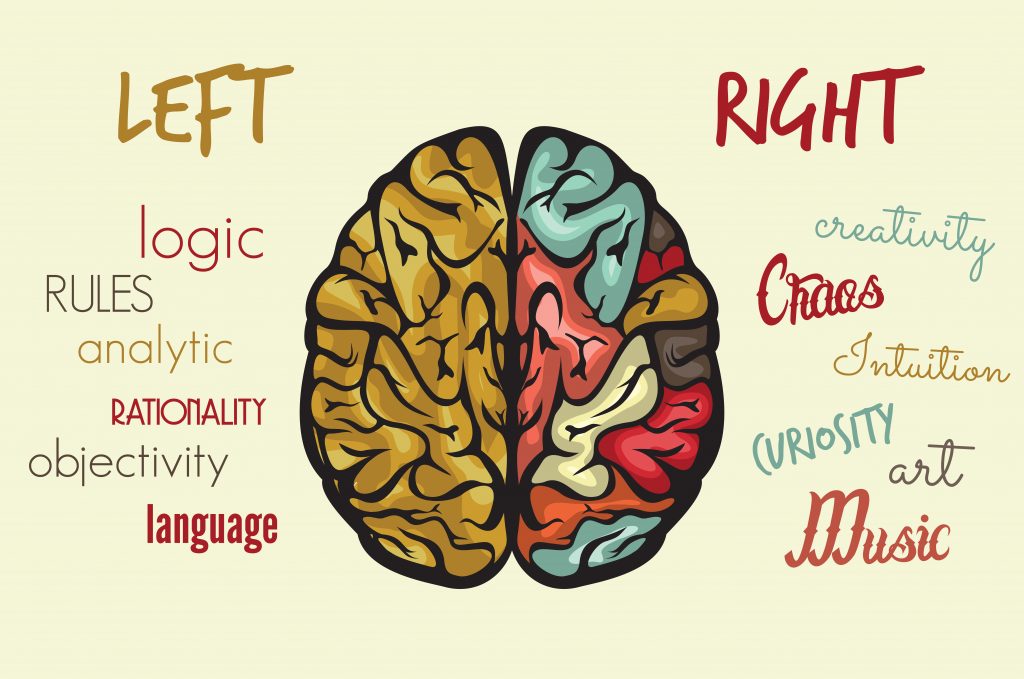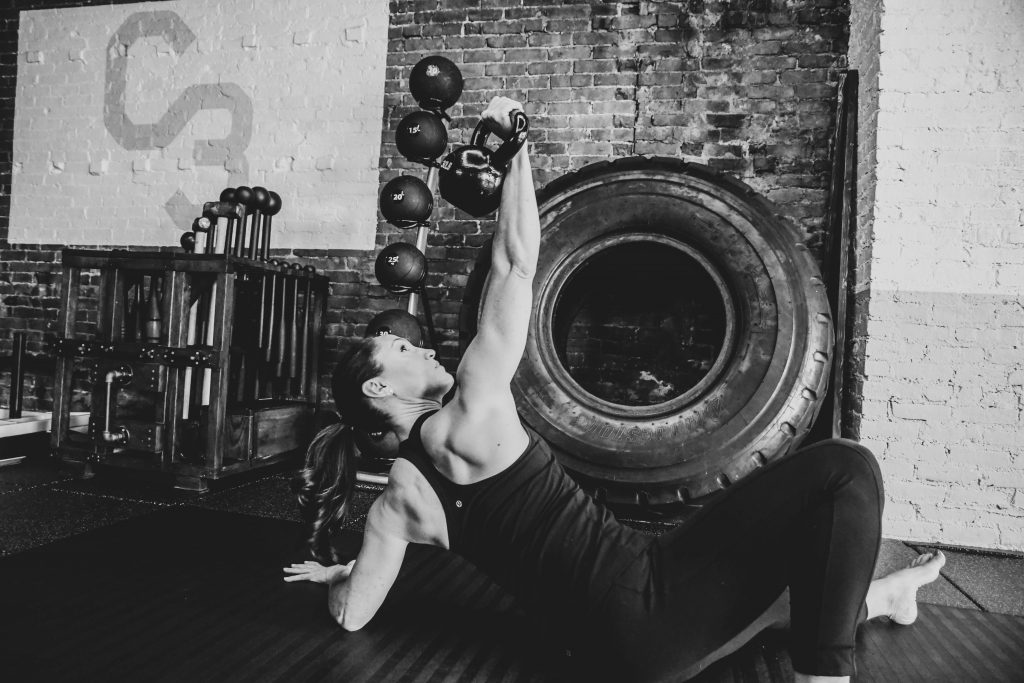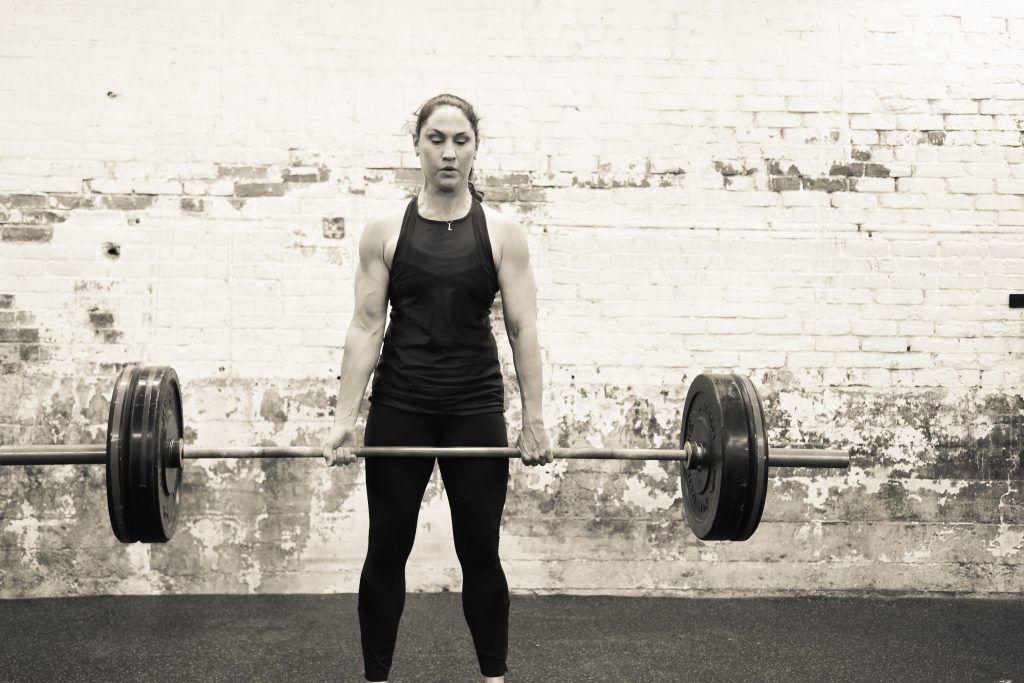In November my wife, Dr. Lisa Lewis, will be putting on a 2-day LIVE workshop in Boston that focuses on psychological skills geared toward fitness professionals.
I, admittedly, am a bit biased and think Lisa’s content is superb. I’ve stated on numerous occasions that what’s helped me develop most as a coach over the course of the past decade (+) is confiding in her and leaning into the idea that it’s the “soft skills” – empathy, compassion, listening, having a better understanding of the many layers of motivation – where I had the largest gap to overcome in my growth.
And I wholeheartedly feel this is an area where most other fitness pros need to grow as well.
I’ve laid out in recent weeks the general outline of the upcoming workshop, but in hindsight can understand how my explanation may have come across as a bit nebulous if not incomplete:
- Why do I need to learn about motivation?
- I’m not a psychologist, why does this stuff even matter?
- Did Tony mention something about a tickle fight?
- I mean, what the heck am I walking into here?
Lisa was kind enough to go into much, much more detail on what you can expect from the upcoming weekend and how the information she’ll share will help you become a better coach.

Inside the Coach’s Mind – Explained
As a coach, your knowledge about programming, anatomy, physiology, getting people stronger, getting people leaner, and getting clients wherever they want to “go” is central to doing a good job. But your technical knowledge and acquired coaching skills aren’t the only tools you use.
When you coach, you build a relationship, using:
- Rapport.
- Communication.
- Collaboration
- Facilitation of change.
You work hard to understand and help each client, with their own unique personality, tendencies, biases, and quirks. And, just as important, you are also a unique individual with your own tendencies, biases, and ways of thinking, feeling, and being in the world. In other words, you and your clients have a psychology – and that psychology directly affects the process and outcome of coaching.

Psychology is the study of:
- Cognition (Thinking)
- Emotion (Feeling)
- Behavior (Doing).
Your psychology impacts how you:
- Think,
- feel,
- and act about, toward, and with your clients.
In short, your psychology – and understanding it – matters.
In Volume I of Psych Skills for Fit Pros, we explored the nature of change, motivation, and the skills coaches need to facilitate those psychological phenomena.
In Volume II, we explore the coach’s psychology:
- Your thinking style, strengths, and thinking “traps”
- Your emotions, unconscious tendencies, and processes
- Your professional boundaries, communication style, and self-care habits
You might be reading this and wondering, “What the heck does all this stuff have to do with me being a good coach?”
Good question. Two important reasons:
First, When you understand how your thoughts, emotions, and behaviors “work,” you can see people, problems, and situations more clearly. When you are familiar with your own biases, blind spots, triggers, and stressors, you can more effectively separate your issues from The Issue at hand.
Second, the constant variable in all of your work as a coach is you.
The clients change, the setting may change, the point in time and context changes – but there you are.
By developing awareness of how your mind works and how you impact coaching relationships and coaching outcomes, you develop personally and professionally. And as everyone reading this knows, personal and professional development are central to career-long growth, effectiveness, and enjoyment of the coaching profession.
On November 6th and 7th, 2021, Volume II of Psych Skills for Fit Pros will be live at Ethos Fitness and Performance in Boston, MA.
Curriculum Overview:
Day 1 (Full Day)
I. Introduction
A. Psychology in Coaching: Why knowing your own mind matters
B. Self-Awareness: A long game – but worth it personally and professionally
C. Mindfulness: Mental Preparation for self-awareness and effective coaching
D. Psychology 101: A Primer
II. Cognition
A. Thoughts, and how they work
B. Thinking styles, tendencies, and traps
C. How to identify thinking traps, and use clear thinking to coach effectively
D. Character Strengths
E. Application
- Identify and correct thinking traps to improve coaching
- Leverage your strengths to maximize coaching effectiveness
- Case Study
III. Emotion
A. Feelings, and how they work
B. Unconsciousness, and how it impacts coaching
- There-and-then (your past influences how you see the present)
- Transference in coaching
- Countertransference in coaching
- Content and process in coaching
C. Application
- Identify emotions and processes that influence your coaching, triggers for negative emotions and processes, and a plan for correcting unhelpful emotions and processes.
- Case Study
Day 2 (Half Day)
IV. Behaviors
A. Your actions, and how they work
B. Interpersonal Boundaries
C. Setting the “Frame” for coaching: Enactment of your mission, goals, and values
D. Self-Care: maintaining physical and mental health for optimal coaching and thriving
E. Application
- Understand and outline your boundaries, coaching “frame”, self-care practices, and how those maximize your performance as a coach
- Case Study
V. Bringing It All Together
A. Your psychology is the most powerful tool you have for helping clients
B. Top Take-Aways
C. Beyond the seminar
- Strengths to leverage
- Blind spots and biases to work on
- More to learn
Who is This Seminar For?
- Coaches who have the nuts and bolts competencies of coaching (sets, reps, programming), and want to further their skills and effectiveness as a coach.
- Coaches who are open to looking within themselves, identifying strengths and weaknesses, and working on their own psychology, even though the benefits and payoff might not be immediate.
- Coaches who get that professional and personal development is sometimes a “long game” and that investments you make in those areas can take time to yield positive results.
- Coaches who know that psychology and mindset are just as important as physiology and fitness.

Who is This Seminar NOT For?
- Coaches who need to focus on the nuts and bolts of coaching (sets, reps, programming)
- Coaches who do not like thinking about, talking about, or looking within themselves, and who thinking psychology is not a part of fitness.
- Coaches who want continuing education to yield immediate benefit, and don’t want to focus on longer-term improvements and change.
If this seminar looks like it is for you,
Come to Boston and join us!
Where: Ethos Fitness and Performance, 46 Wareham St. Boston, MA 02118
When: Saturday, November 6 (Full day) and Sunday, November 7th (Half day)
Cost: $699



